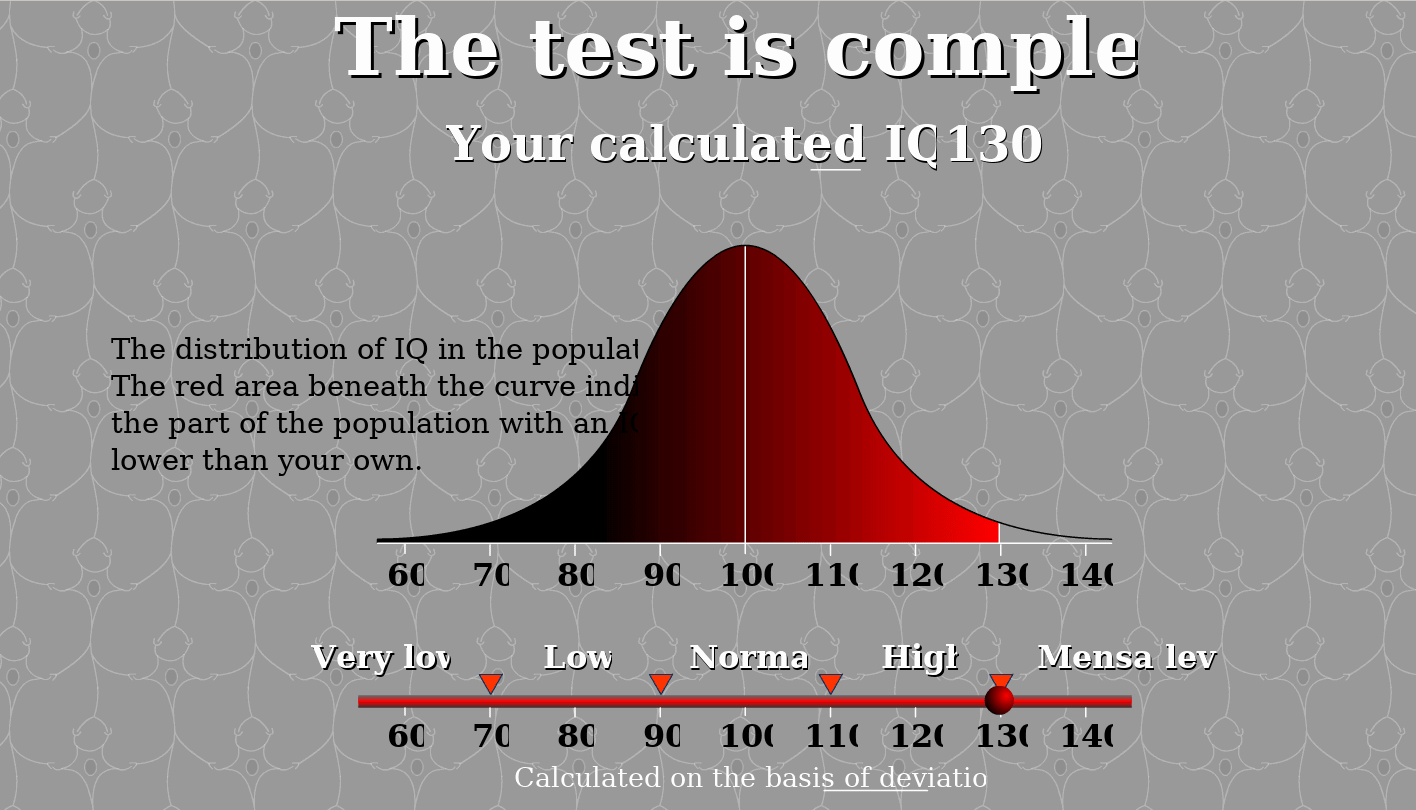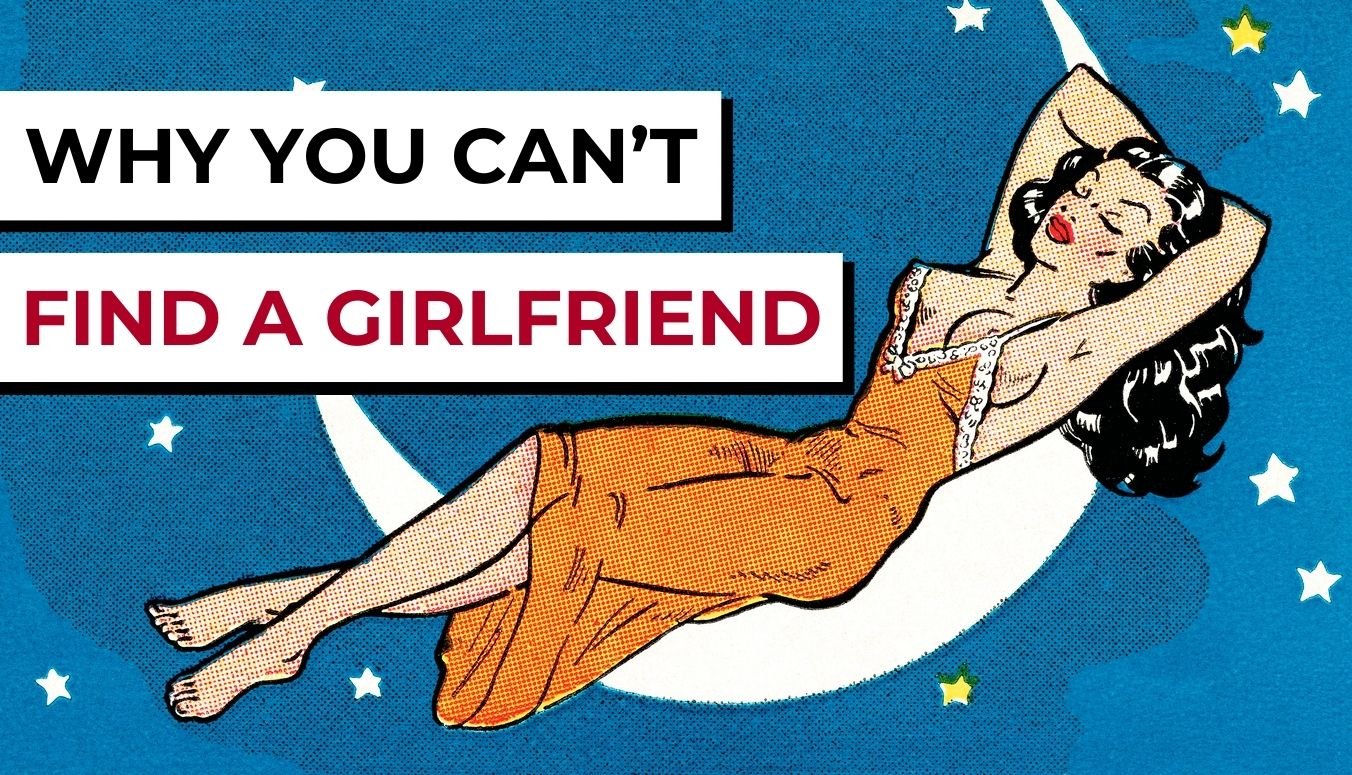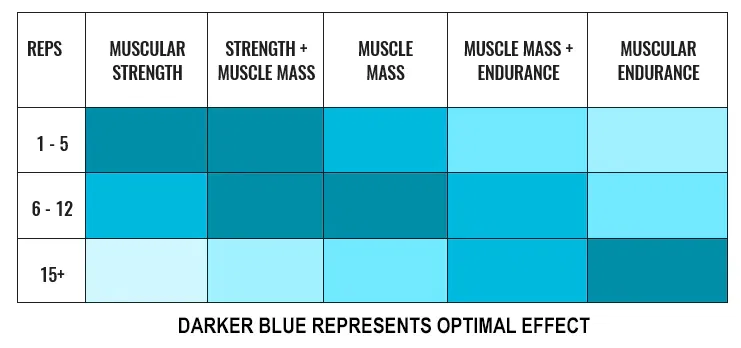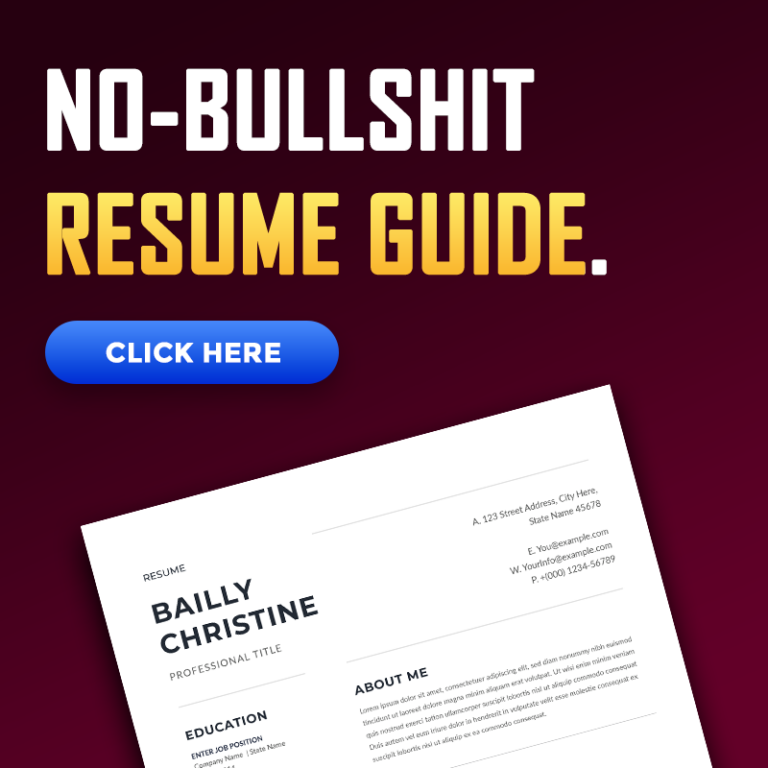Let’s talk about something serious that no one appears to be talking about: the challenges and problems you face as a high IQ person living in a world designed for average IQ people.
(IQ is short for intelligence quotient.)
Before you proceed with reading this article, you should first take an online IQ test to get a rough estimate of your IQ score.

If the number you get is below 120, this article likely will not be of use to you (will feel like a pointless rant).
High IQ Problems Exist
IQ is generally presented as a purely positive thing, i.e., more is always good. What could possibly be bad about being more intelligent?
However, just like everything else, high intelligence is a trade-off. What you gain in raw brainpower, you lose in your ability to fit into general society.
You see this all the way back in school, where ‘nerds’ are ostracized, to workplaces where higher IQ people are made to feel like misfits (“Low EQ”) and forced to follow ultimately flawed instructions from bosses who insist on obedience.
Having a high IQ, just like all things, has its pros and cons.
The pros are easy to spot – more financial and career success, more academic success, more business success, better analytical ability, etc. The cons are far more subtle, to the point that it is mostly believed that there aren’t any.
And because of this myth that intelligence can have no cons, the problems created by a high IQ often go misdiagnosed.
This leads to high IQ people trying to fix the “wrong source” – which in turn makes the problem worse.
You are told you need to work on your “people skills” – meanwhile, you can’t figure out why people find enjoyment in watching other people play football on TV (the answer is tribalism).
This misdiagnosis and dead-end “wrong source” fixes make many intelligent people feel confused, hopeless, and full of despair over time, especially when combined with the insanity of not being able to know what’s wrong with you.
Reading this article will not solve your problems, but it will tell you the source of the problem.
The world was not made for us: We’re freaks
From a statistical perspective, we’re freaks. This is neither good nor bad; it just means that we’re merely different.
If you have an IQ of 120, you’re in the top 9% of the population, intelligence-wise.
At 125, you’re in the top 4.8%.
At 130, in the top 2.7%.
At 135, top 1%.
Take a moment to pause and think about how small that is.
Once you see how rare your level of intelligence is, you’ll understand that the real problem lies in the economies of scale: “The world is not meant for you.”
Society as a whole evolved to meet the needs of the many; it exists to serve the majority of the population, which just so happens to not be as intelligent (the vast majority of people fall within one standard deviation from the mean i.e., the 85 to 115 band).
For example, if you have an average IQ, there are a lot of options available for you to find people and entertainment – for example, you could go to a nightclub, or grab some beer at the bar, or watch some sports, etc.
For some high IQ people, this sounds like fun too. Still, for the vast majority of intelligent people, these are painful experiences because they do not give us the mental stimulation we need – they seem pointless and futile activities.
This is how it has to be: While this “optimization for the majority” may sound unfair and even discriminatory, this is how it mathematically has to be. The world is designed for the majority. You can’t have a highway system designed for the minorities of the country; it has to serve cities and dense population centers.
Likewise, you wouldn’t want to create irrigation infrastructure to supply water to places with very few crops; you’d first divert resources to areas where there is a lot of agriculture taking place.
Why no one else “sees” your problem: Imagine being physically disabled. Think of the problems you’d face: being unable to climb stairs, being unable to drive – you’d meet a bunch of daily hurdles that non-disabled people don’t even think about simply because they don’t have to.
Physically disabled people face the same problem: the world was not designed for them. It was designed for the majority – the non-handicapped people.
Or course, we make minor adjustments for both disabled people and high IQ people, but the larger structure of the world – social, political, economic, romantic, commercial, academic, etc. it’s entire makeup and composition is built and designed for average IQ (~100) people.
This basically guarantees that if you have a high IQ, you’ll face some “adjustment problems” with the rest of the population, be it in the form of having to waste time being forced to graduate school at the same speed as everyone else, to being forced to wake up early in the morning to go to work in rush-hour traffic even though you work best at night and can do the same (if not more) work from home (“but how do I know you are working if I don’t see you working”).
In nearly all aspects of your life, your IQ is going to present at least some kind of problem that others don’t have to face (and don’t see).
High IQ Social Problem: Social Isolation
Let’s take a group of clinically retarded people (typically considered as with an IQ below 80) and place an ordinary person among them, and force them to interact with each other.
While the ordinary person would be able to interact with them, the interactions are going to be a bit painful for him; he just won’t fit in. He wouldn’t feel “at home”.
Now let’s take a group of average IQ people (IQ ~100) and place someone with a high IQ (120+) among them. It’s a very similar experience, because relatively speaking, the average person is slightly retarded by comparison.
The high IQ person will be able to talk with them, but he wouldn’t “feel at home”.
This is what happens to high IQ people in general – they live in a world of people who appear to be slightly retarded. They can interact with them, but they don’t feel at home.
Average and below outnumber high IQ people 10 to 1 – High IQ people often end up feeling somewhat isolated, even when they are among people!
They just don’t “fit in” with everyone else, and often end up feeling like there’s something wrong with them.
In fact, some formal studies have shown that high IQ people are more likely to feel lonely and alone compared to their average IQ counterparts.
High IQ Communication Problems: Culture and Entertainment
As television and mass communication have become ubiquitous, culture and entertainment have also been optimized for average people.
Look at how 80% of humanity entertains themselves every day:
- Keeping up with the Kardashians – reading and watching celebrity gossip (ooh Angelina Jolie had a break-up!!!!!)
- Watching people play sports – kicky ball and whippy stick are the most popular I hear
- Mindless feel-good nonsense on talk shows (Oprah said follow your passions and the money will follow! Imma gonna do jus dat! It make me feel gud.)
In other words, ultimately pointless things.
Most high IQ people just aren’t into consuming mainstream entertainment at all.
I’ve never met a smart person who likes to sit and watch someone play whippy stick and jumps up and down when the ball flies into the air.
In fact, most smart people don’t watch sports or read celebrity nonsense at all.
Here is a large crowd of people having ‘fun’.
Average and low IQ people primarily consume these forms of entertainment, and that is all they usually talk about.
This creates a significant conversational divide between high IQ people and everyone else.
High IQ people (in general) want to talk about world events, technology, history, culture, and other real-world things that stimulate them, not about pointless sports and celebrity gossip.
And because high IQ people are so few and far between, there are hardly any decent conversation partners available (the internet solved this to an extent – but you can never replace physical human connection).
While high IQ people can have a myriad of hobbies and focus on their education, careers, dating, businesses, etc. – having a high IQ undermines the most fundamental and important thing in our lives – other people.
High IQ or low IQ, we’re all people, and we derive most of our happiness from other people.
You can have all the money in the world, all the books and video games, all the gadgets to keep you occupied, but it will feel meaningless without family, friends, and loved ones. We need human connection.
And abnormally intelligent people are robbed of a large part of the human connection pool.
High IQ Social Problem: Envy and Insecurity
Just like all qualities, a high intellectual ability triggers people’s envy and insecurity.
Often, this leads to negative interactions with people for no fault of your own:
- Your boss undermines your work because he feels threatened in his position by your intelligence
- People try to “one-up” you to feel secure in their self-worth (in school, this leads to bullying)
- etc.
This can make it harder to make friends and progress in your career as so many people instinctively go in competition mode with you.
Democracy: You Pay for People’s Stupidity,
and It’s a Thankless Job
The vast majority of those reading this post live in a democracy, and in a democracy, you often have the masses exploiting the “top 5%”.
Most of the tax revenue is contributed by the top 5% of the population – business owners, entrepreneurs, risk-takers, people in well-paid careers, etc. – almost all of them are high IQ people.
And a lot of the money is spent on stupid people:
- Welfare for people who were so bad with their finances that they cannot afford to survive in their old age on their own money even after having a 40-year long career
- Paying for the scholarships and grants to idiots studying vegan coffee gender studies and PhDs in jungle style belly dancing
- Paying for people who keep having children they cannot afford to raise by themselves
It’s essentially a “smart person tax”, where intelligent and productive members of society pay for the mistakes of everyone else.
And you’d think that you’d be respected for your contribution – that you sacrificed some of the wealth generated by the application of your limited time on the planet to shield them from the consequences of their mistakes, but it turns out that much of the average population hates you for it.
They consider you an “evil rich fat cat” who “didn’t earn what he has” and “owes it to the rest of society” to “pay their fair share.”
And because of the way democracy is structured, they don’t realize that you’re bearing their burden. They never face the consequences and assume “this is how things are” and keep doing more of the same things over and over again.
And you get to pay for them!
The High IQ Student’s Problem: The Education System
The modern American education system is not modern at all.
It was redesigned and implemented in the mid-1800s during the industrial revolution in order to produce successful workers in factories, plants, mines, etc.
It succeeded in producing great factory workers by focusing on compliance, robotic discipline (such as following a schedule and being on time), and obedience.
Times have changed, but the education system is still the same. “Modern” education focuses on producing obedient workers, not on producing excellent thinkers. It does not encourage creativity and innovation (in fact, in many “stick to the curriculum” cases, it is actively discouraged).
Further, in such a system, everyone progresses at the same rate, regardless of ability – the smart kid who understands everything and the dumb kid who doesn’t end up progressing classes at the same rate.
In other words, smart students are bored. Many of them do not develop the discipline to work hard in school because everything comes so quickly to them. Many intelligent kids think they are stupid because they keep dozing off in class.
A lot of smart students could have saved many years of their youth if they were allowed to progress faster than the standard system. This wastage of time is just another price smart people pay by living in a world designed for average people.
Also – it does not help that smart kids are often bullied in school. Nerds are too smart to be focused on being popular (they see that popularity in school is pointless).
High IQ Problems at Work: Soft Skills
Intelligent people are generally good at what they do. However, there is one thing that is the bane of abnormally intelligent people’s existence:
“Soft” or “People skills”
People skills come naturally to average IQ people because they’re around people of the same intelligence level they are – they can relate to each other.
Intelligent people often cannot relate to the need for being indirect and fluffy when it comes at the cost of efficiency and effectiveness.
Intelligent people often do not waste time trying to protect other people’s emotions and feelings; they get straight to the point – they are seen as blunt and insensitive.
Intelligent people’s solutions solve problems, but they often step on people’s precious little toes.
They are far more likely to say what they really think rather than what the other person wants to hear.
This causes much friction in their workplaces, and they’re told they need to work on their “people skills”.
In fact, many intelligent people do not even know what “soft skills” exactly are.
They know it has something to do with presentation and people management, and that they need to develop them, but they don’t “understand” them and wonder what they’re doing wrong.
I’ll cut to the chase – soft skills are a euphemism for ass-kissing skills.
If you have something to say to someone, how do you say it without “hurting their feelings”?
If you deal with average people the same way you deal with slightly retarded people (by being overly nice and understanding with them), you would be considered to have excellent people skills.
Unfortunately, many high IQ people just don’t get it (because they can’t relate to the problem nearly as much) and keep crashing and burning with their bosses and coworkers.
And they always wonder what they do wrong.
Conclusion and Solutions
If you’re a high IQ person, you’ll always have “fitting in” issues wherever you are – be it your school, your workplace, and even with society in general.
The solution to this is to reduce reliance on other people as much as possible – in other words, entrepreneurship.
A good book you should read is Robert Greene’s 48 Laws Of Power (India, UK, USA) – it will help you “know the rules of the game”.
Other problems, such as social isolation, don’t have real solutions other than finding like-minded and intelligent people online.
Intelligence has many benefits, but the problems it creates are part and parcel of your life – you have to deal with it.
The purpose of this article was not to provide solutions but to answer the “what is wrong with me” question that a lot of intelligent people go entire decades asking themselves.
I hope I have answered that question for you, and provided you with the sanity and acceptance that can only come when you know the source of the problem.
– Harsh Strongman
References and resources:
The article heavily draws upon (and in many parts blatantly plagiarizes) the ideas and words of Aaron Clarey (with his permission) as presented in his book Curse of the High IQ (India, UK, USA).
If you are a high IQ person or married to one, or suspect that you have a high IQ child – I highly recommend picking up this book.
















































































